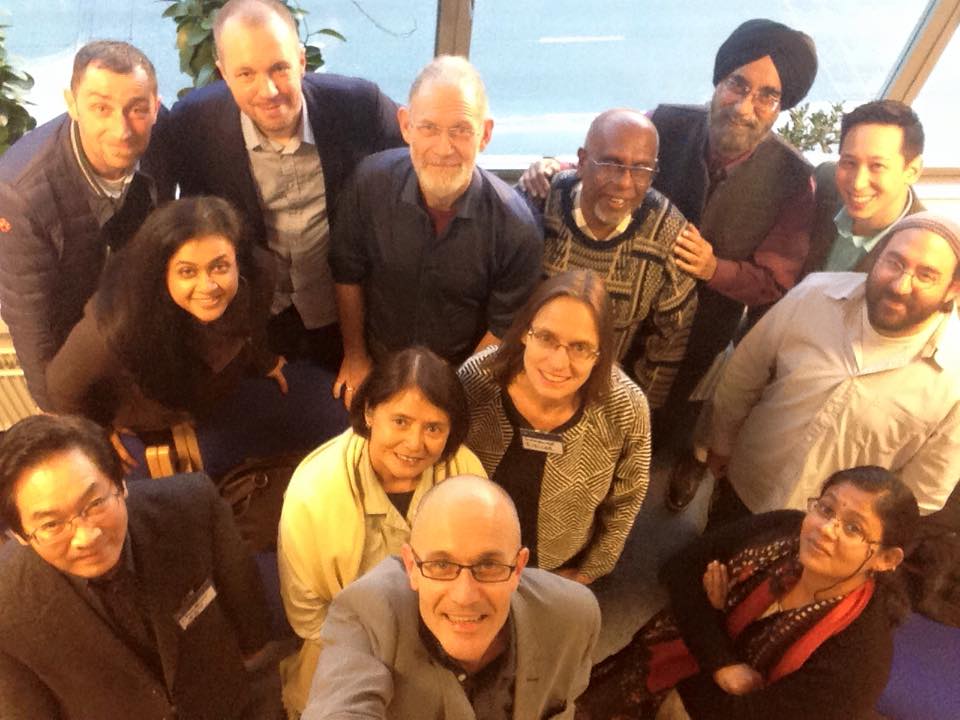The study of religious diversity has in recent years been rising on the agenda. Focus has almost exclusively been on North America, Europe and Australia and issues concerned with maintaining cohesion in these societies. It is however obvious that religious diversity is not a phenomenon confined to the west. Especially in Asia religious diversity at both individual and institutional level has a long history with many examples of both syncretic traditions and religious divisions of labour. Yet the concepts associated with research on religious diversity are clearly drafted in a Western context. This means that they are constructed upon concepts of membership and adherence, with a strong Christian and Western bias not necessarily fitting Eastern models of multiple and contextual affiliations.
Previously, the Critical Analyses of Religious Diversity (CARD) have met for two workshops in Denmark (http://cardnetwork.au.dk/). This network explores ways in which research could proceed in order to craft concepts and models of understanding religious diversity which will allow fitting representations of religious diversity in Asia, and in a broader sense create new perspectives for understanding religious diversity globally.
Workshops on the topic were held in Delhi in May 2015, in Seoul, Kyoto and Nagoya in October 2015.
The final one will be held in Aarhus in December, where a limited number of Asian scholars are invited to continue the scholarly discussions and critically reflect on the assumptions that have been made about religious diversity in their research methods/context.
Some of the topics included in the workshop are:
Concrete outcomes of the workshops are strategic plans for future cooperation and publication of an anthology on religious diversity.
The network is led by Jørn Borup, Lene Kühle, and Marianne Qvortrup Fibiger, Aarhus University.
Workshop selfie
